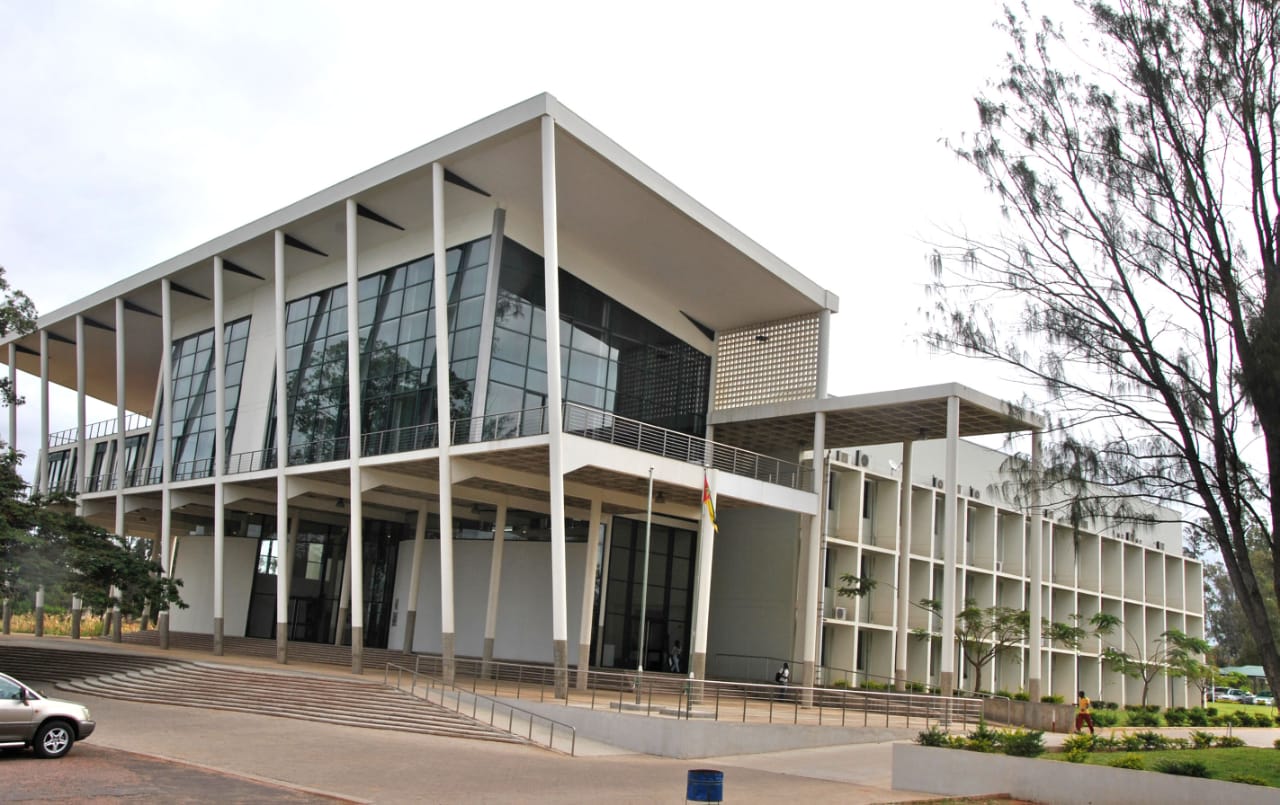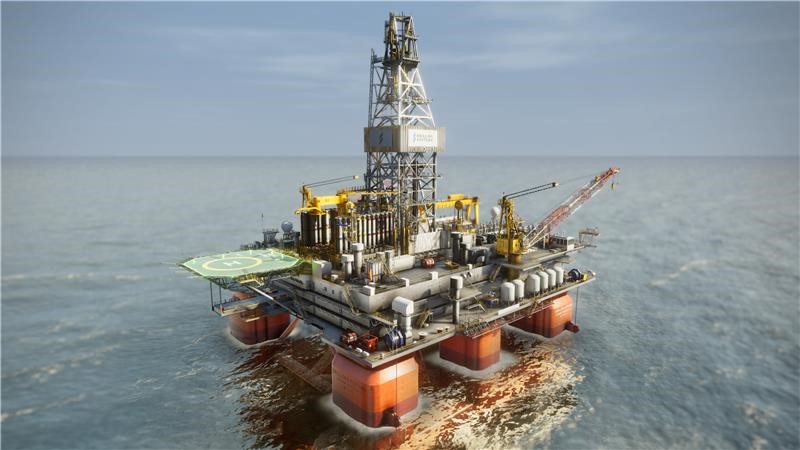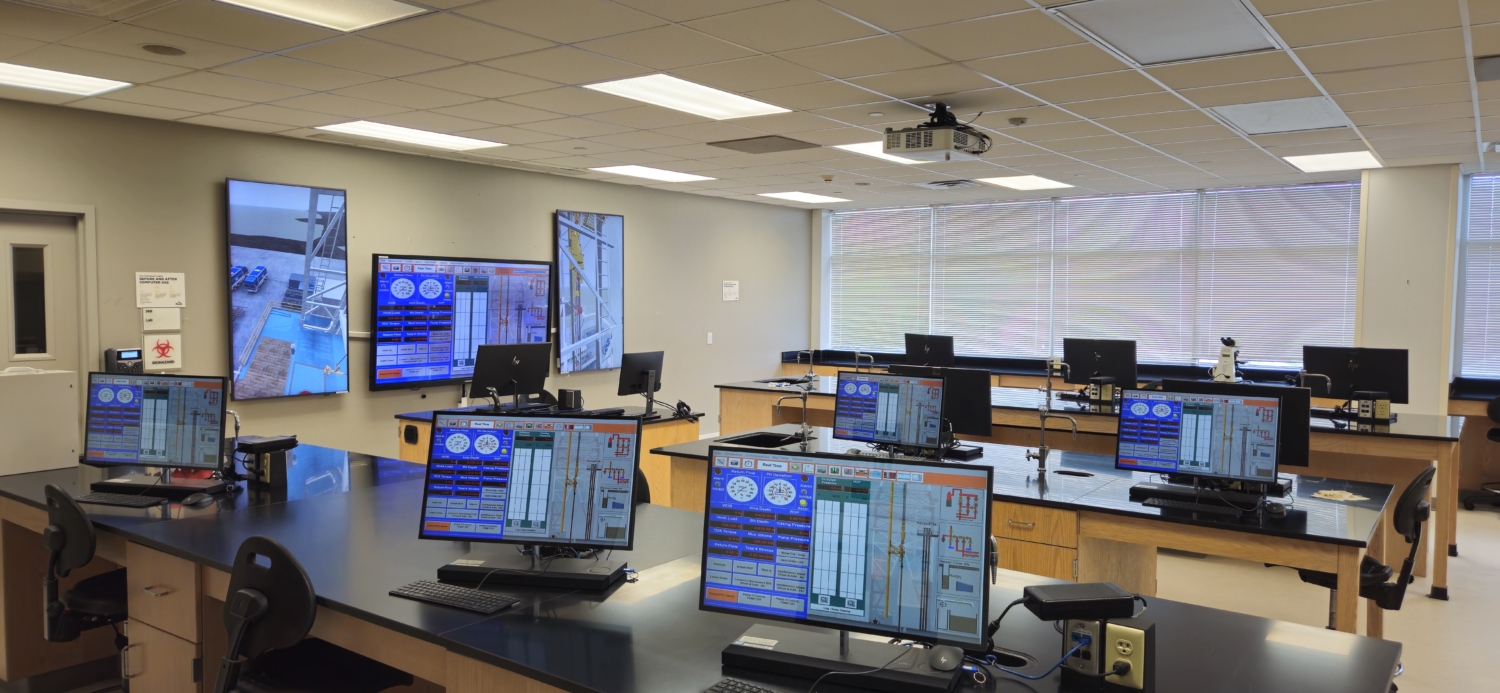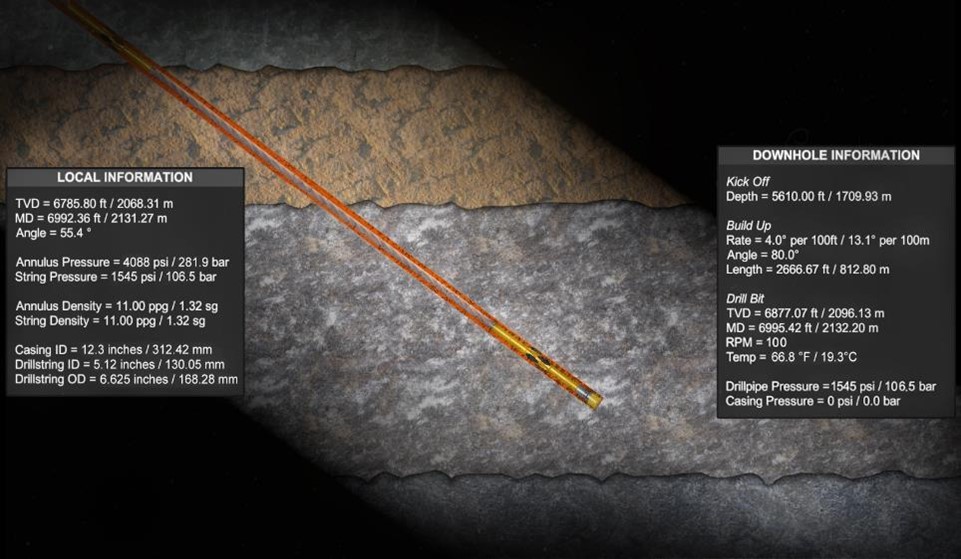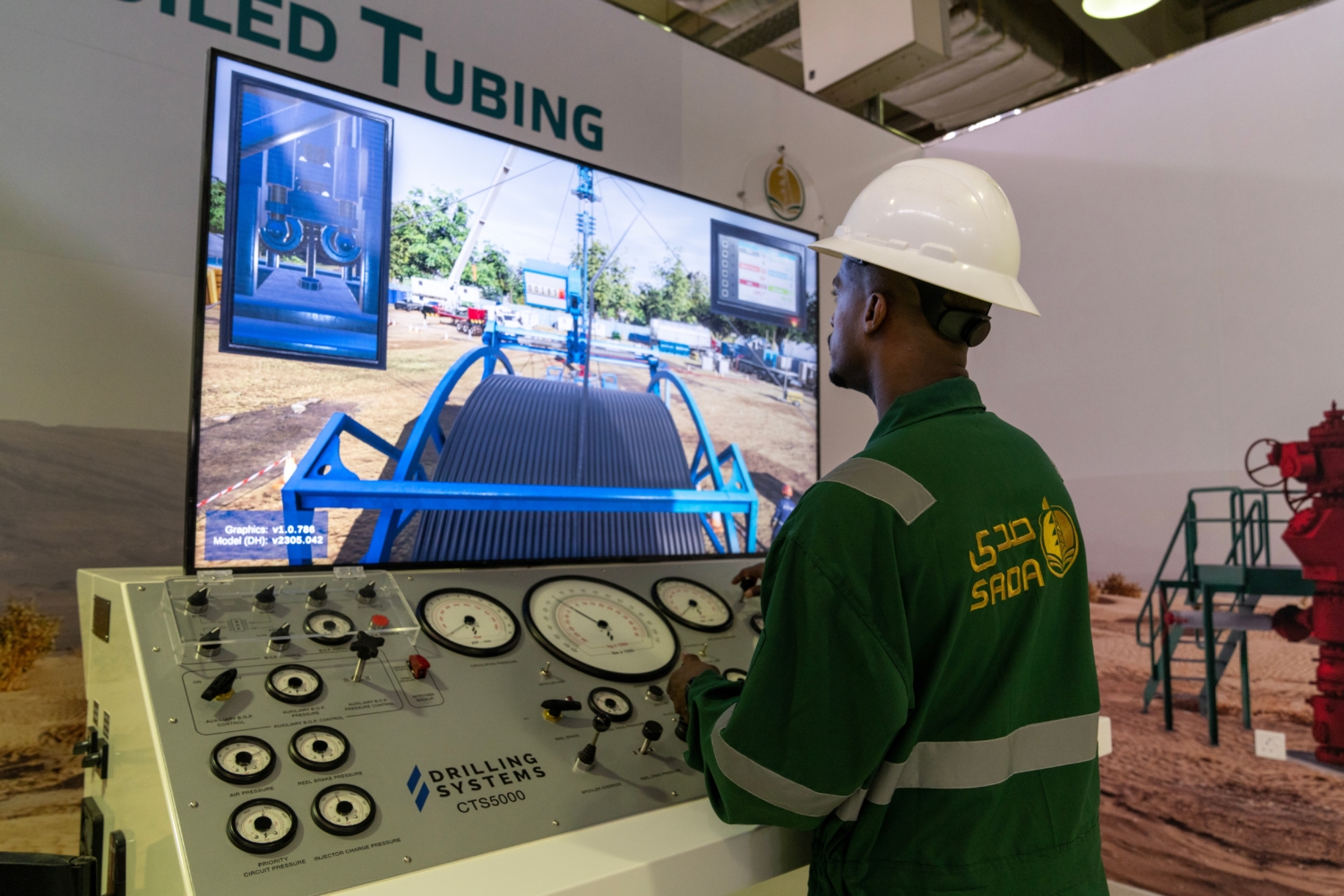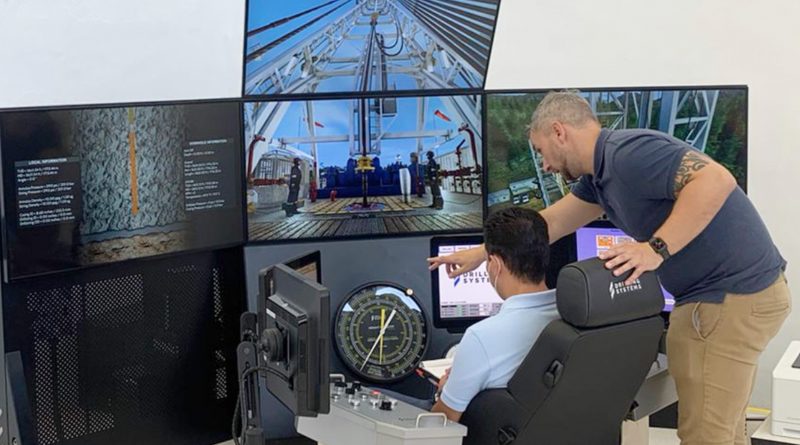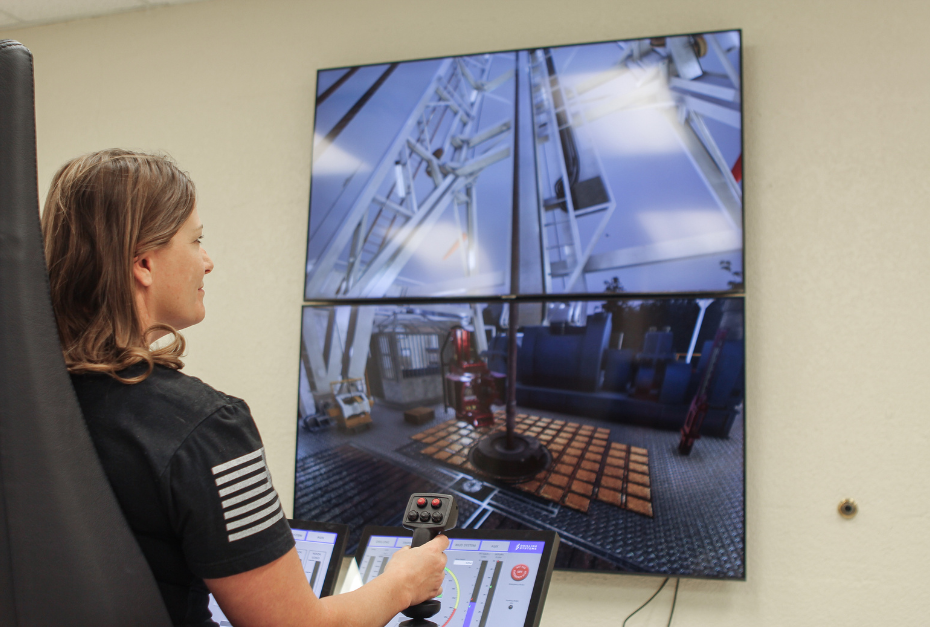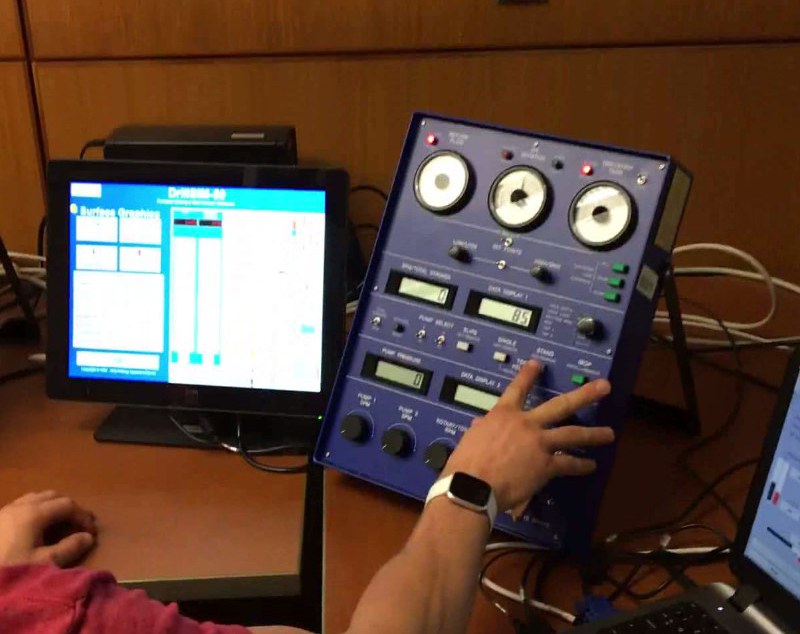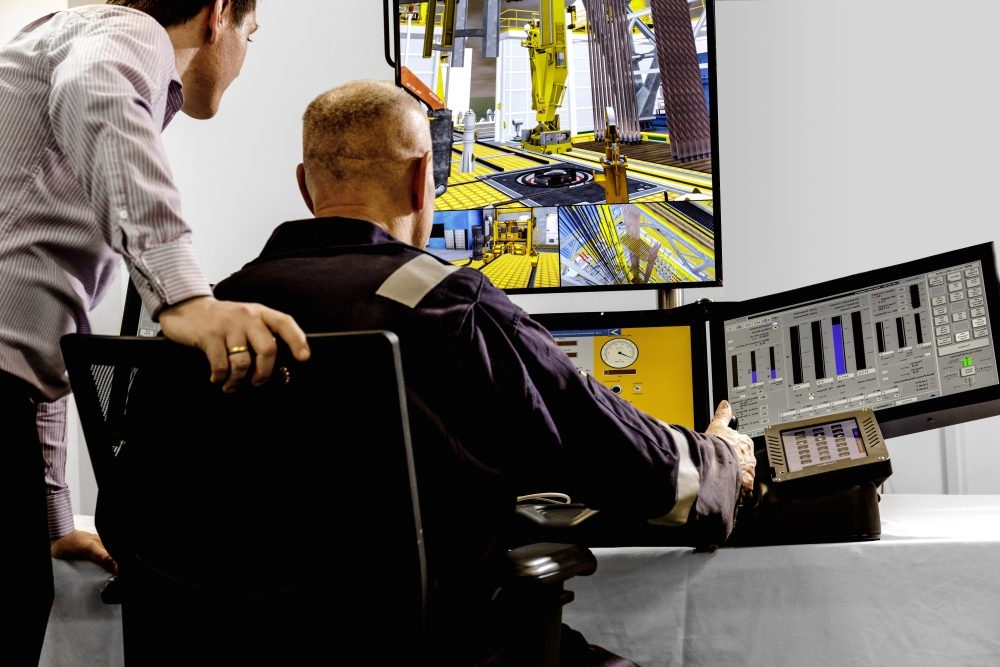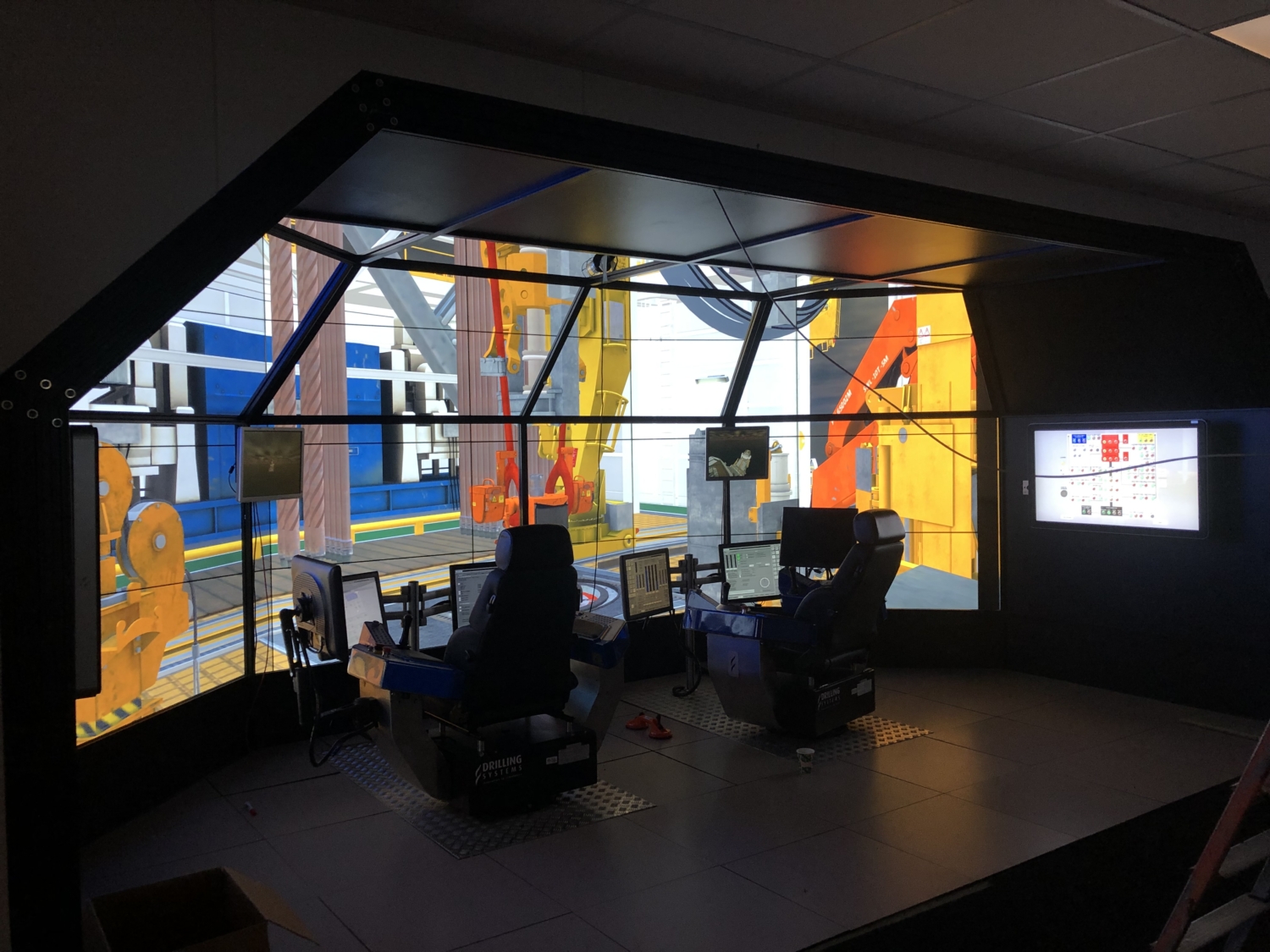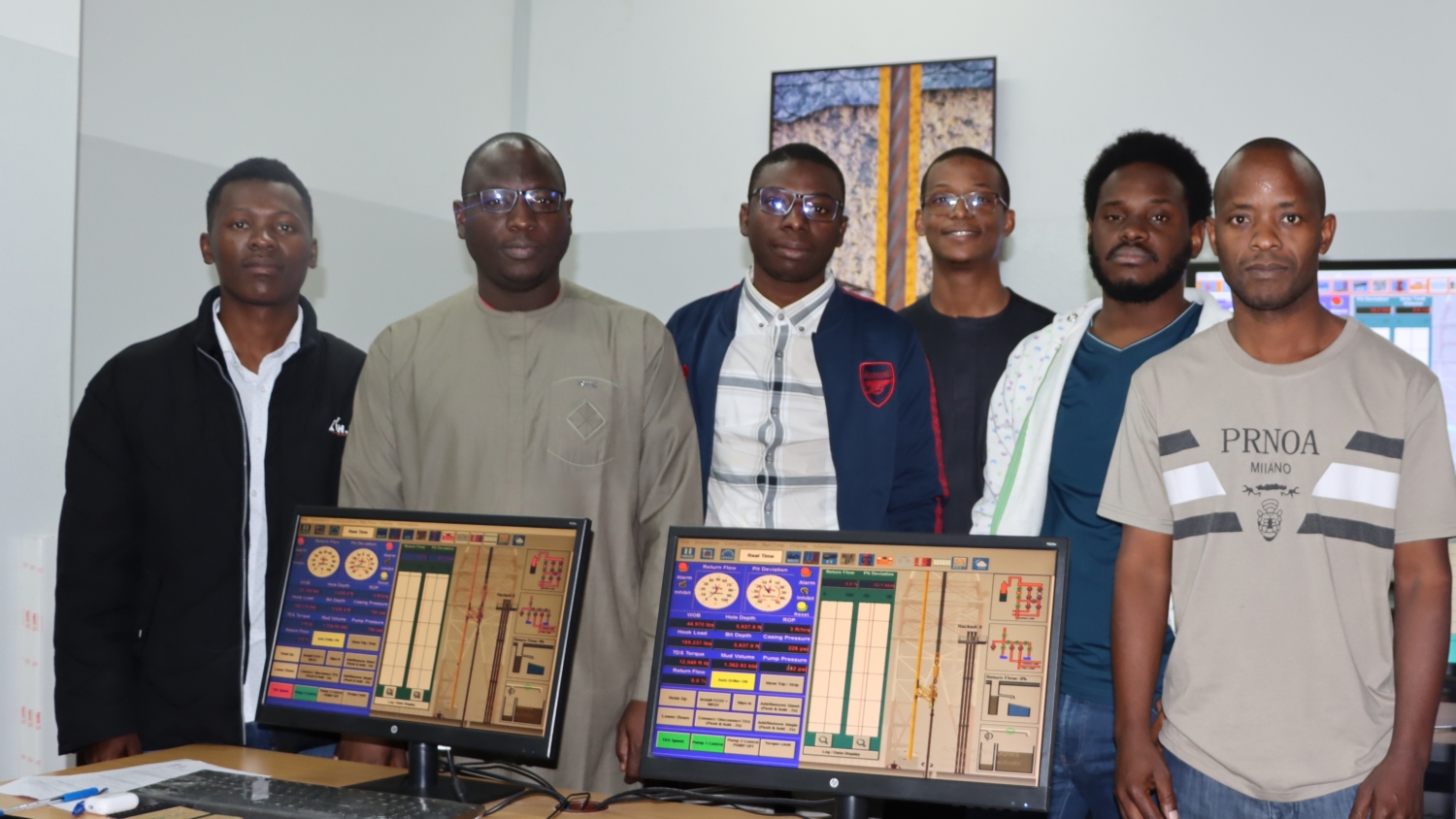Client overview
The University of Eduardo Mondlane (UEM) is Mozambique’s oldest and largest university, with a prominent Faculty of Engineering. As the country’s leading academic institution, UEM plays a crucial role in developing Mozambique’s workforce, particularly within the growing oil and gas sector. With significant gas reserves discovered in the Rovuma Basin, UEM recognised the urgent need to train local talent for the growing energy industry, spurring their adoption of our simulation technology.
The challenge
Mozambique’s emergence as a key energy player following the discovery of significant gas reserves, especially in the Rovuma Basin, created a pressing need for skilled professionals in the oil and gas sector. The University of Eduardo Mondlane (UEM), Mozambique’s leading academic institution, recognised this gap. As the nation lacked locally trained experts in oil and gas operations, including for offshore drilling and well operations, UEM needed to deliver practical, industry-aligned teaching to prepare students for the field. However, traditional learning environments couldn’t provide sufficient hands-on experience due to limited access to operational environments.
The solution
In response to this need, UEM partnered with 3t in 2020 to incorporate advanced DrillSIM technology into its curriculum. This state-of-the-art drilling simulator enabled UEM to offer immersive, hands-on training, where students could simulate complex well operations in a safe, controlled environment. The simulator not only replicates real-world scenarios but also allows UEM to create custom simulations tailored to Mozambique’s unique geological conditions, providing students with training that mirrors real challenges in the local oil and gas fields.
The integration of DrillSIM into UEM’s master’s programmes in Petroleum Engineering and Hydrocarbon Process Engineering transformed how students approached drilling concepts. While theory was previously the primary focus, the simulator allowed them to apply and visualise those concepts in practical, risk-free settings. This combination of theory and practice ensured that graduates were better equipped to transition into the workforce, with a strong understanding of both operational processes and safety procedures.
UEM faculty underwent extensive instructor training in Aberdeen, enabling them to utilise the simulator to its fullest potential. This training empowered faculty members to guide students through realistic drilling operations, teach advanced concepts, and even tailor the simulations to UEM’s course syllabus and specific projects and fields in Mozambique.
The outcome
The implementation of DrillSIM had a profound impact on UEM’s academic programmes and their ability to meet the industry’s needs:
- Bridging the practical knowledge gap: Students now receive hands-on training in a safe, simulated environment that mimics real-world conditions. This drastically improves their readiness for work in the oil and gas sector, making them more competitive and employable both in Mozambique and internationally.
- Customised training for Mozambique: UEM’s instructors can design simulations that reflect Mozambique’s unique geological formations, giving students insight into the specific conditions they will face in their home country. This has been particularly valuable for preparing students to work in Mozambique’s rapidly growing offshore gas industry.
- Professional development for industry partners: The simulator is not only used for student education but also for professional development. Oil and gas companies operating in Mozambique, such as Total and ENI, have shown interest in collaborating with UEM for professional training using the DrillSIM technology.
- Enhanced industry reputation: The adoption of DrillSIM technology has enhanced UEM’s reputation as a regional leader in oil and gas education. The university’s Petroleum Engineering and Hydrocarbon Process Engineering programmes have gained international accreditation, further positioning UEM as a key institution for training skilled professionals in the African oil and gas industry.
- Supporting research initiatives: In addition to training, UEM has begun using the simulator for research purposes. By simulating Mozambique-specific scenarios, such as varying reservoir and formation conditions, students and faculty can conduct research that provides valuable insights for both academic and industrial purposes.
The future
Looking forward, UEM plans to continue leveraging DrillSIM technology to expand its training and research capabilities. With the simulator fully integrated into its master’s programmes, the university is now exploring opportunities for offering short professional development courses to industry personnel. UEM is also aiming to expand its postgraduate offerings by incorporating the simulator into PhD programmes, allowing students to engage in advanced research on drilling operations and industry-specific challenges.
UEM’s leadership envisions its ongoing partnership with 3t as crucial for the development of Mozambique’s human capital in the oil and gas sector. By providing world-class simulation-based training, UEM will continue to play a central role in equipping the next generation of oil and gas professionals with the skills needed to support Mozambique’s energy future. The long-term goal is not only to reduce reliance on foreign expertise but also to foster innovation and sustainability in Mozambique’s natural resource management.
Conclusion
The University of Eduardo Mondlane’s adoption of DrillSIM technology has proven transformative in bridging the skills gap in Mozambique’s oil and gas sector. By offering a cutting-edge solution that combines theoretical knowledge with practical simulation training, UEM is equipping students and professionals with the competencies they need to thrive in the field. As UEM continues to expand its capabilities, it stands as a regional leader in oil and gas education, ready to meet the challenges of tomorrow.
